wholesale lifepo4 lithium ion battery
The Rise of Lithium Iron Phosphate (LFP) Batteries: A Comprehensive Guide for Wholesale Applications
In the ever-evolving landscape of energy storage solutions, Lithium Iron Phosphate (LFP) batteries have emerged as a game-changer. Known for their safety, reliability, and environmental benefits, these batteries are increasingly favored for wholesale applications in the renewable energy, automotive, and industrial sectors. This blog delves into the key aspects of LFP batteries, their growing demand, and how they meet the needs of modern energy storage systems.
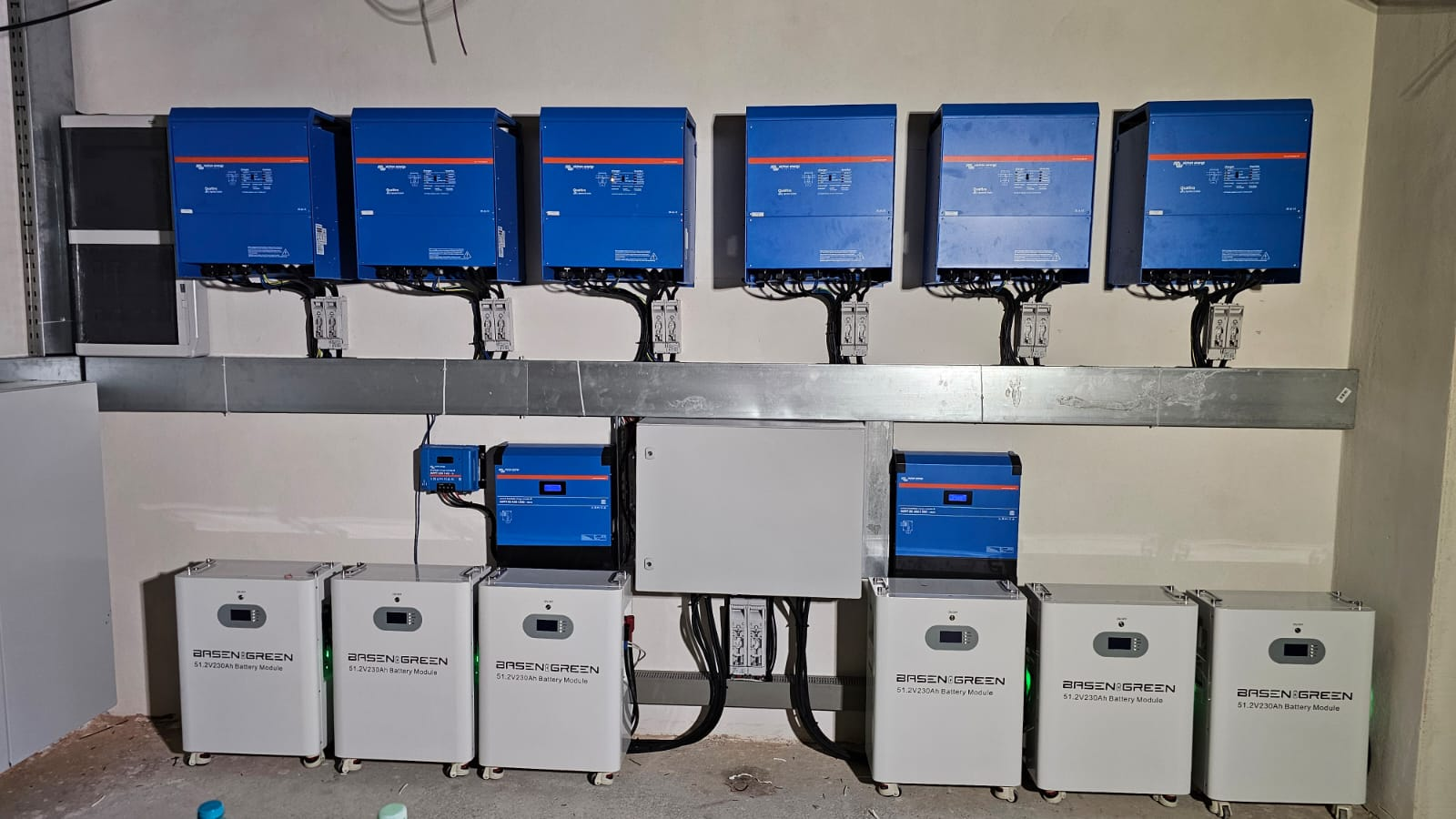
The Growing Demand for Wholesale Lithium-Iron-Phosphate Batteries
The global shift towards sustainable energy sources has created a surge in demand for efficient and reliable energy storage solutions. Lithium-ion batteries, particularly LFP variants, are at the forefront of this transformation. Unlike traditional lead-acid batteries, LFP batteries offer higher energy density, longer lifespan, and superior safety characteristics. These attributes make them ideal for both residential and industrial applications, including renewable energy integration, electric vehicle (EV) charging, and off-grid power systems.
Why LFP Batteries Stand Out
LFP batteries are gaining traction due to several advantages:
Safety First: Known for their thermal stability, LFP batteries are less prone to overheating and combustion, making them safer for use in high-density environments.
Longevity: With a typical lifespan of 5,000 to 10,000 cycles, LFP batteries outlast many other battery types, ensuring long-term durability and reduced replacement costs.
Environmental Benefits: LFP batteries use less cobalt compared to other lithium-ion batteries, reducing reliance on conflict minerals and aligning with green energy goals.
Cost Efficiency: Despite initial higher costs, the longer lifespan and lower maintenance requirements of LFP batteries result in significant cost savings over time.
The Role of LFP Batteries in Energy Storage Systems
Energy storage systems (ESS) are critical for maximizing the efficiency of renewable energy sources. LFP batteries play a pivotal role in these systems by storing excess energy during off-peak production times and releasing it during peak demand. This capability is essential for stabilizing grids, reducing reliance on fossil fuels, and ensuring continuity of power supply.
Key Applications of LFP Batteries in ESS:Renewable Energy Integration: LFP batteries complement solar and wind energy systems, providing a reliable energy buffer during periods of low generation.
Peak Load Shifting: By storing energy during off-peak hours, LFP batteries help reduce strain on the grid during peak demand, optimizing energy distribution.
Backup Power: In case of grid failures, LFP batteries provide uninterrupted power, ensuring critical systems remain operational.
Challenges in the LFP Battery Supply Chain
Despite their advantages, the mass adoption of LFP batteries faces challenges, primarily related to supply chain constraints. The production of LFP batteries requires key materials such as lithium, phosphate, and iron. Geopolitical tensions, trade barriers, and limited mining capabilities have led to supply bottlenecks, pushing up costs and delaying deployment.
Addressing Supply Chain Issues:Diversification of Supply Sources: Expanding sourcing from multiple countries can mitigate risks associated with relying on a single supplier.
Recycling Initiatives: Promoting battery recycling can reduce the demand for raw materials and minimize environmental impact.
Technological Advancements: Innovations in battery chemistry and manufacturing processes can enhance production efficiency and reduce costs.
Choosing the Right LFP Battery Solution
Selecting the appropriate LFP battery solution requires careful consideration of several factors:
Capacity and Voltage: Ensure the battery’s capacity and voltage align with your specific energy storage needs.
Cycle Life: Opt for batteries with a proven track record of long cycle life to maximize return on investment.
Safety Certifications: Verify that the battery meets industry safety standards, such as UL or IEC certifications.
Warranty and Support: Look for manufacturers offering comprehensive warranties and reliable customer support.
: The Future of Energy Storage with LFP Batteries
Lithium Iron Phosphate batteries are revolutionizing the way we store and manage energy, offering a safe, efficient, and environmentally friendly solution for wholesale applications. As the demand for renewable energy continues to grow, the adoption of LFP batteries is set to accelerate, driven by technological advancements and increasing awareness of their benefits. By addressing supply chain challenges and promoting sustainable practices, the future of energy storage looks brighter than ever.
In an era where sustainability and reliability are paramount, BasenPower.com stands as a trusted partner in providing cutting-edge lithium-ion battery solutions. Our commitment to quality, innovation, and customer satisfaction ensures that you receive the best LFP battery solutions tailored to your needs. Explore our range today and take a step towards a greener, more efficient energy future.

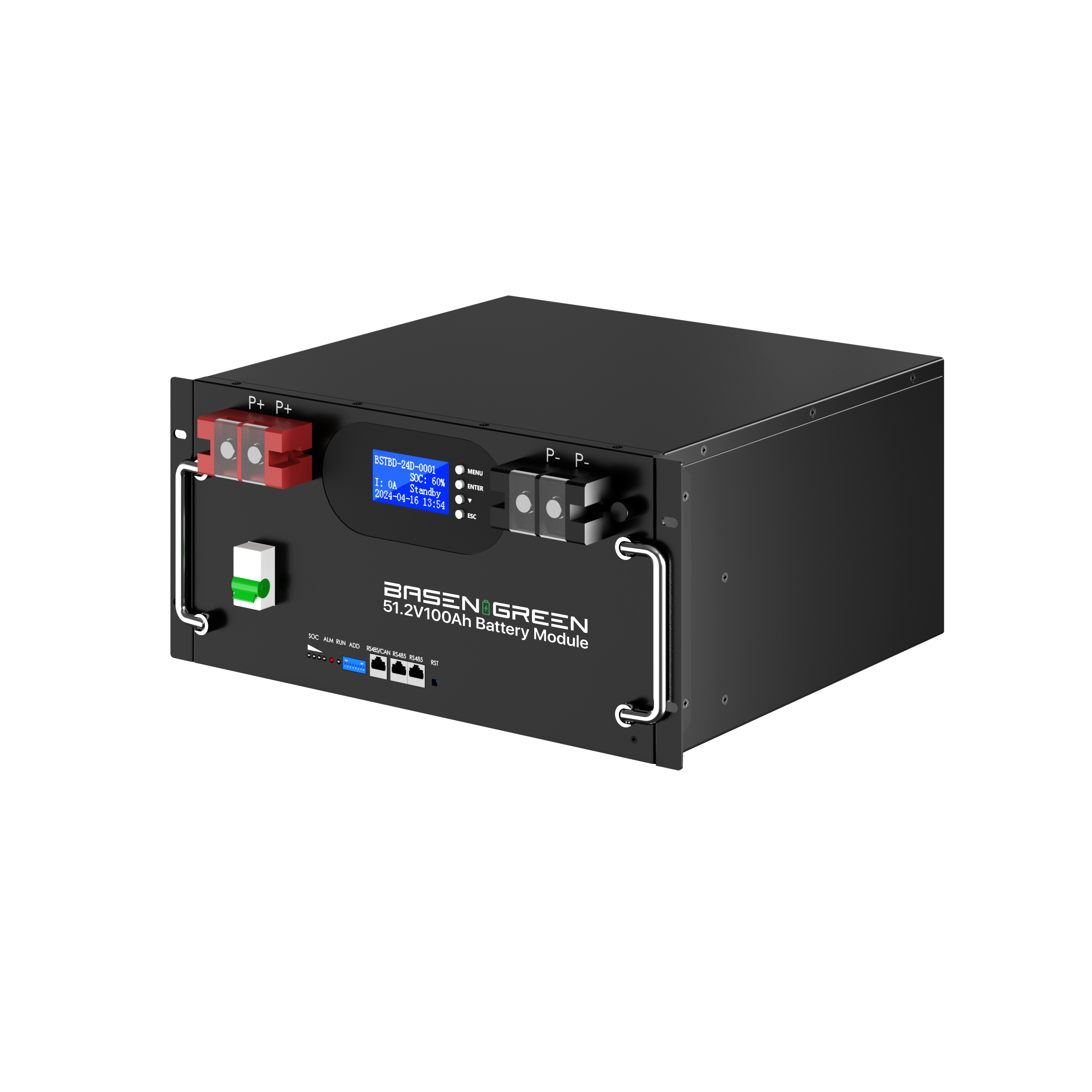
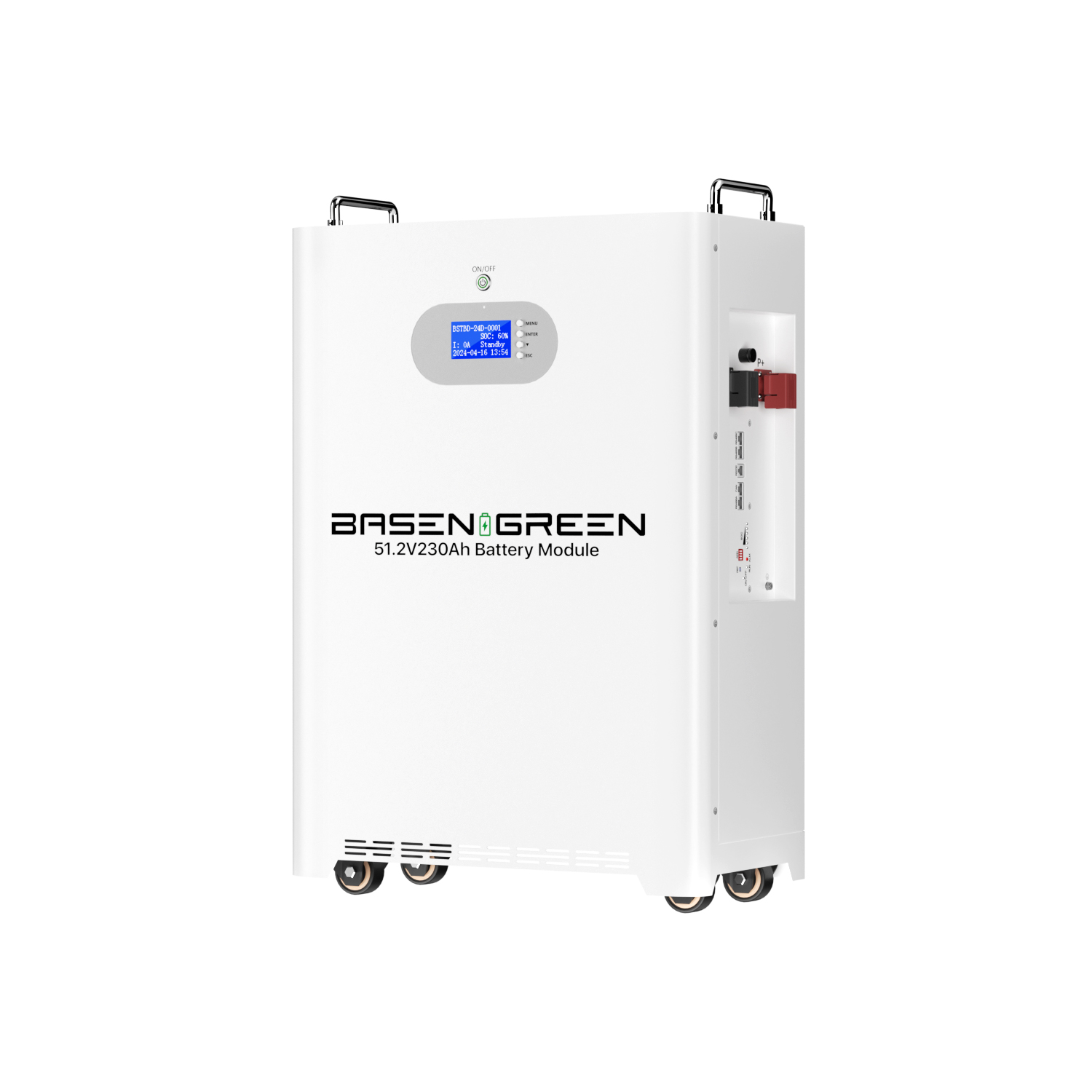
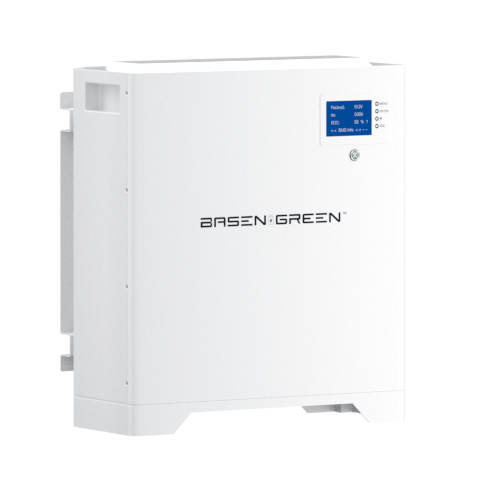
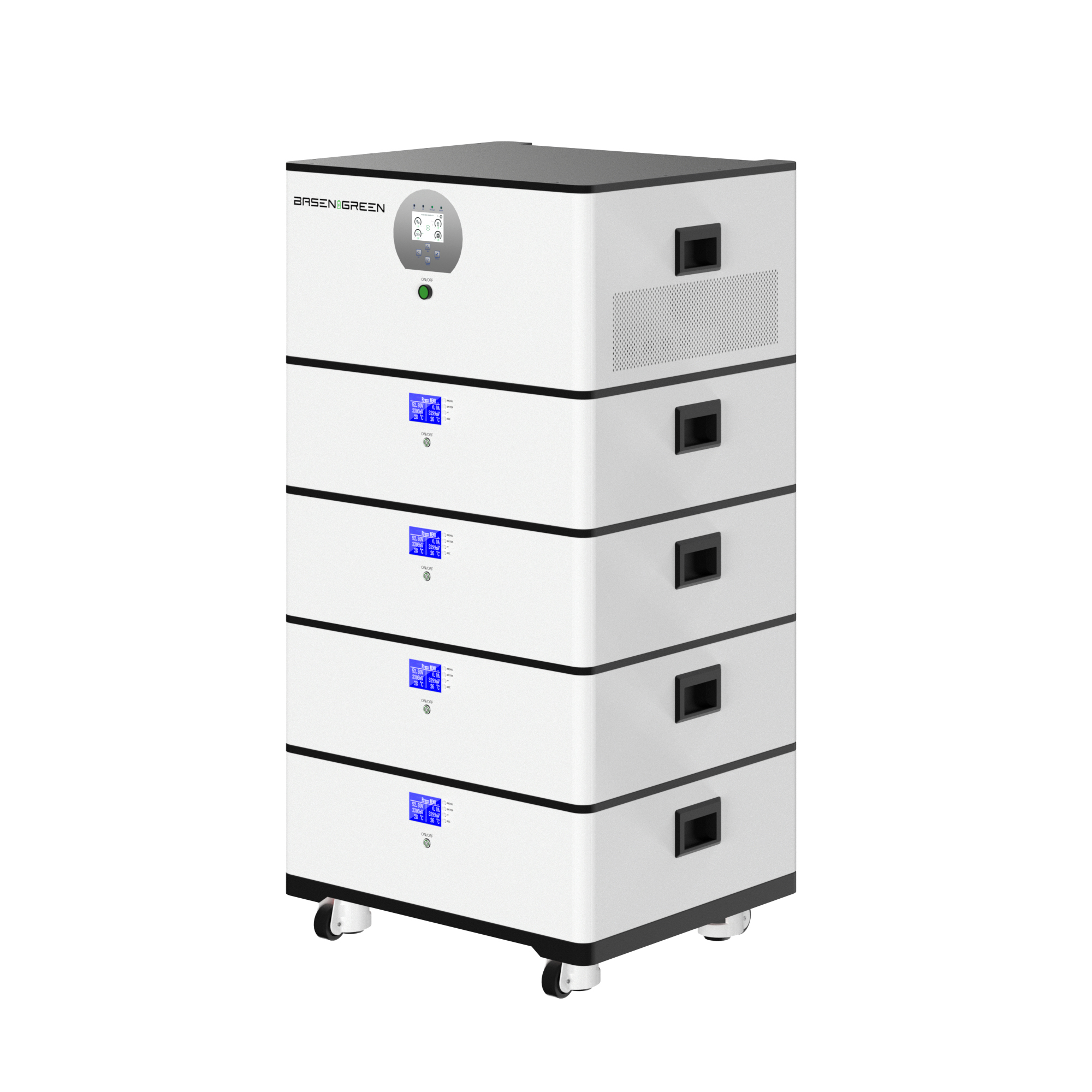

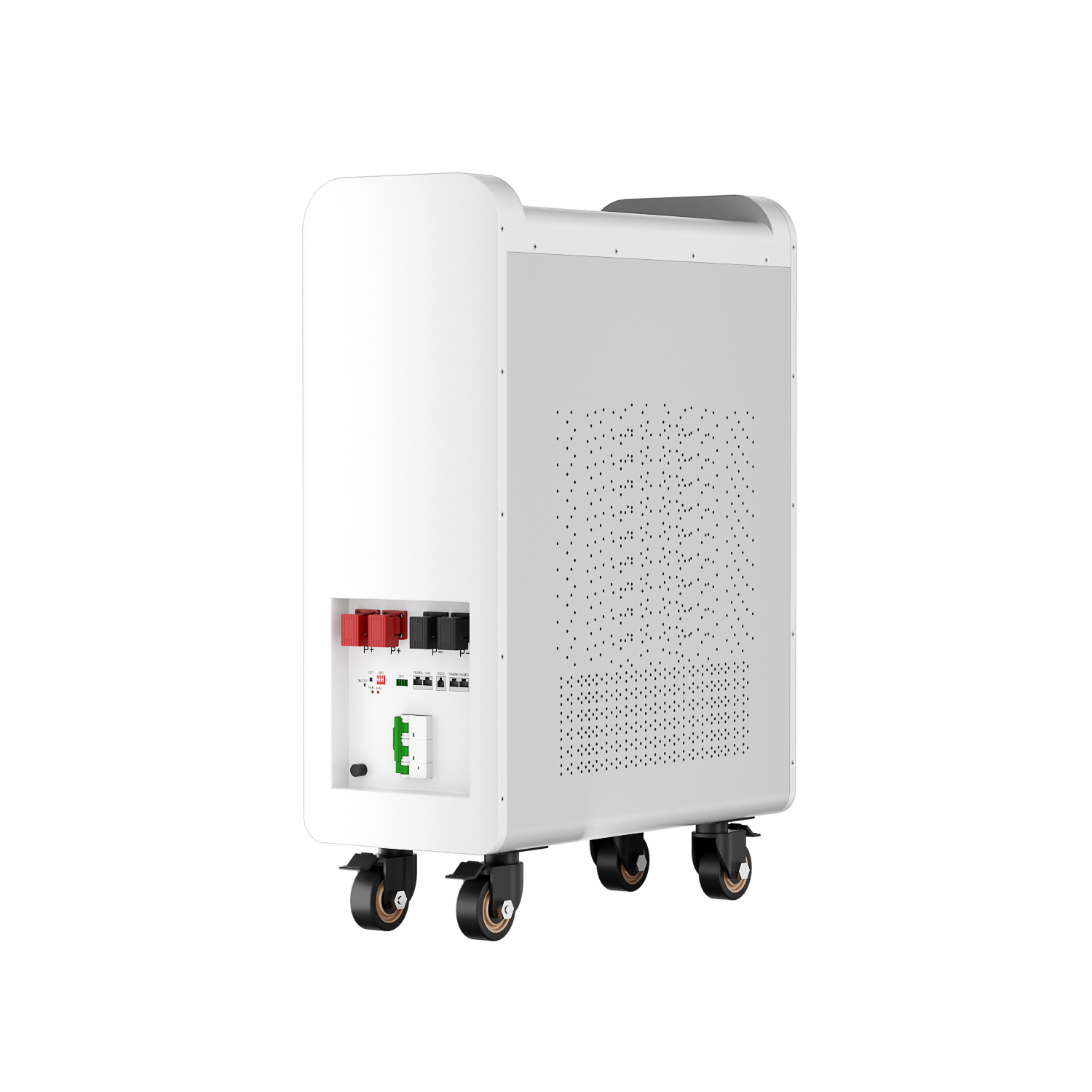
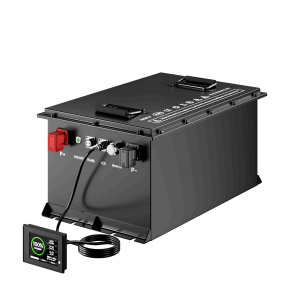
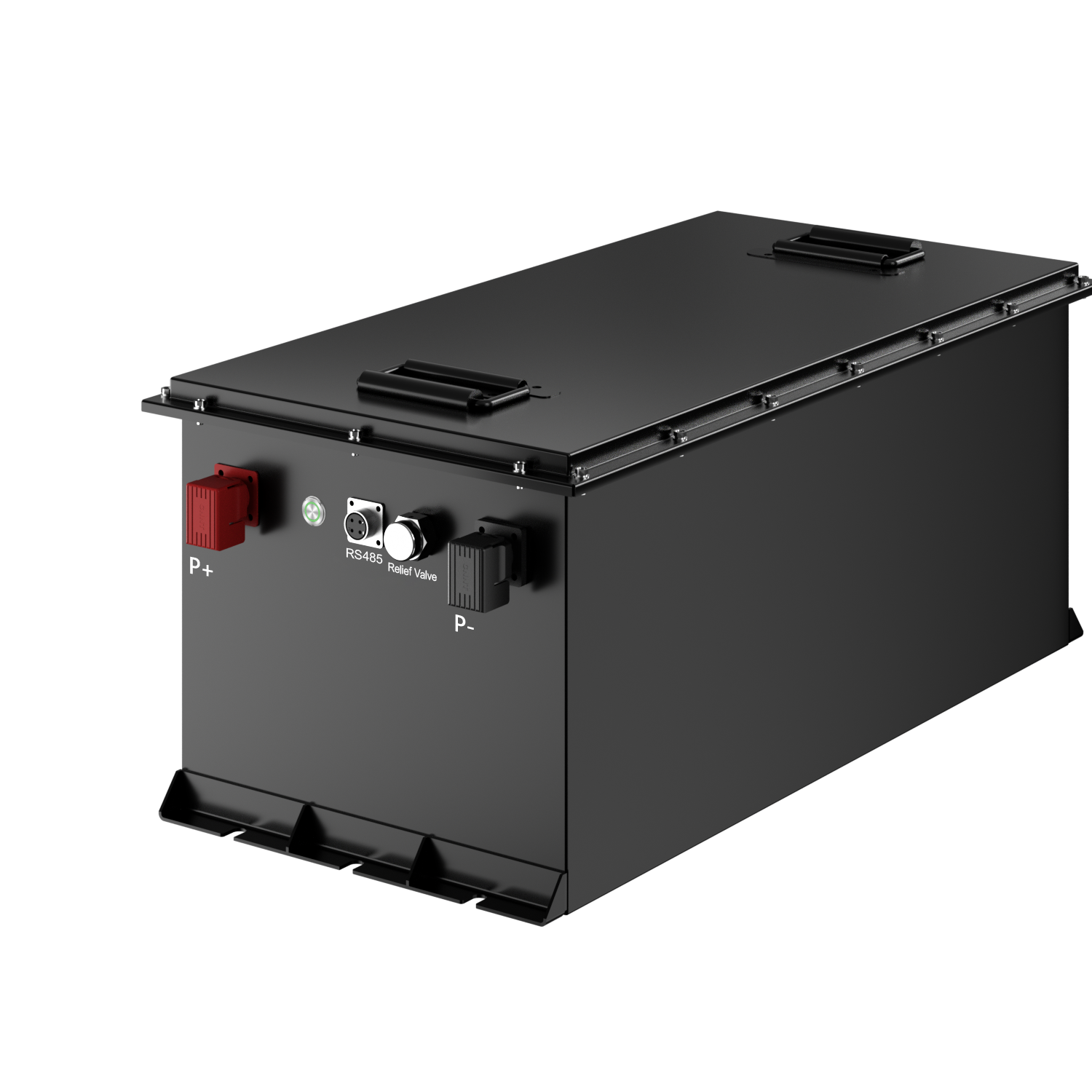
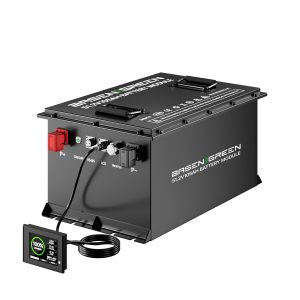
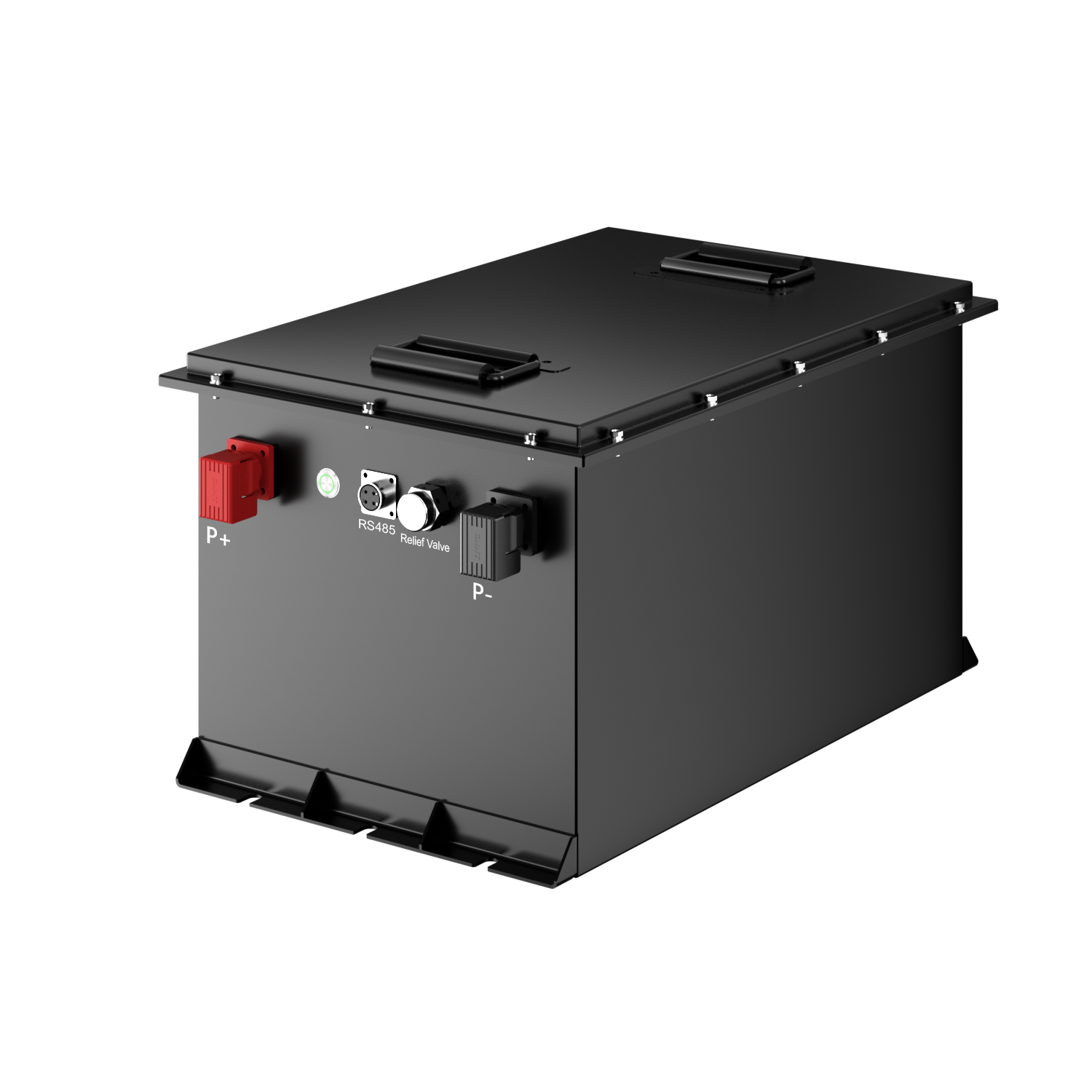
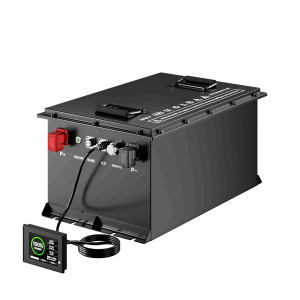
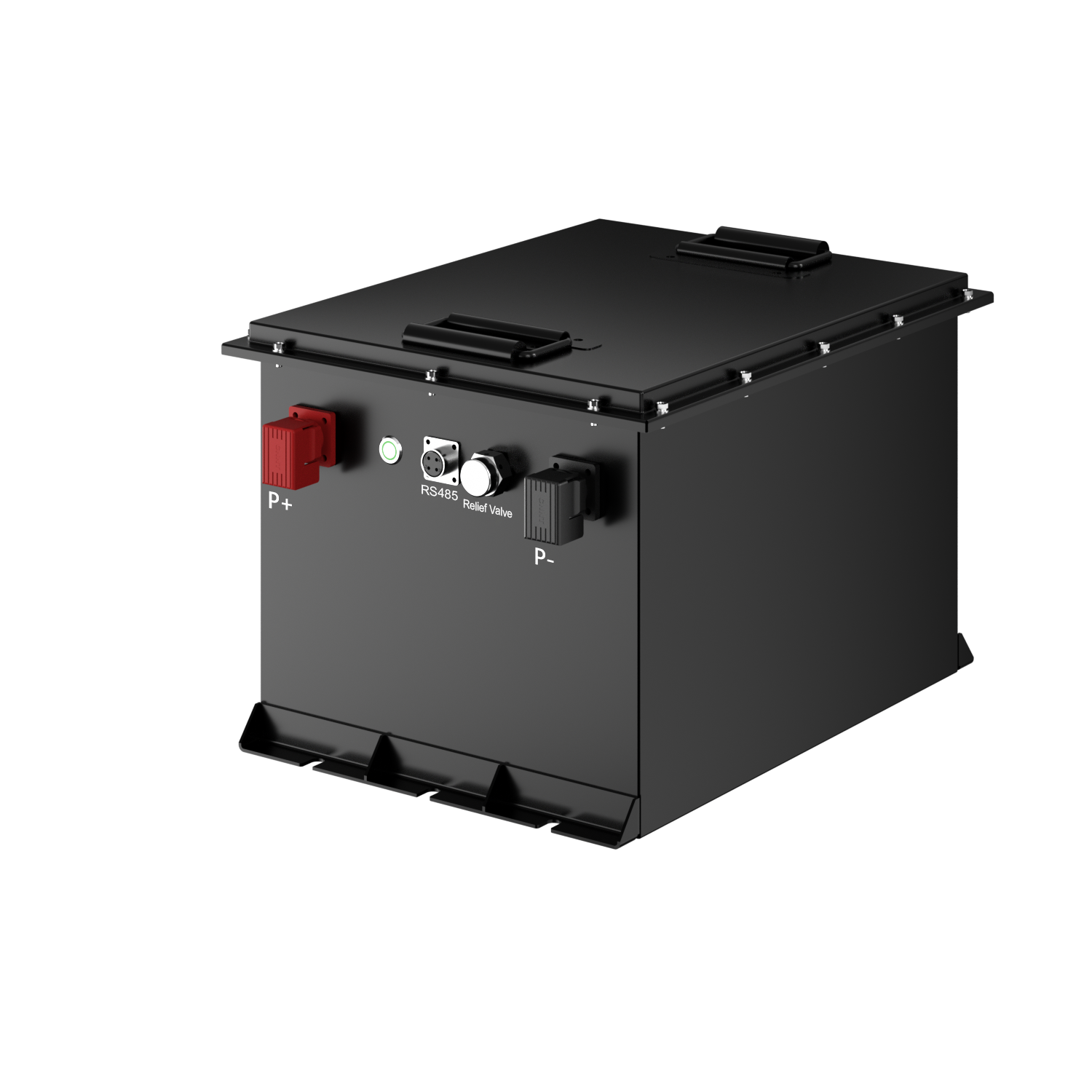
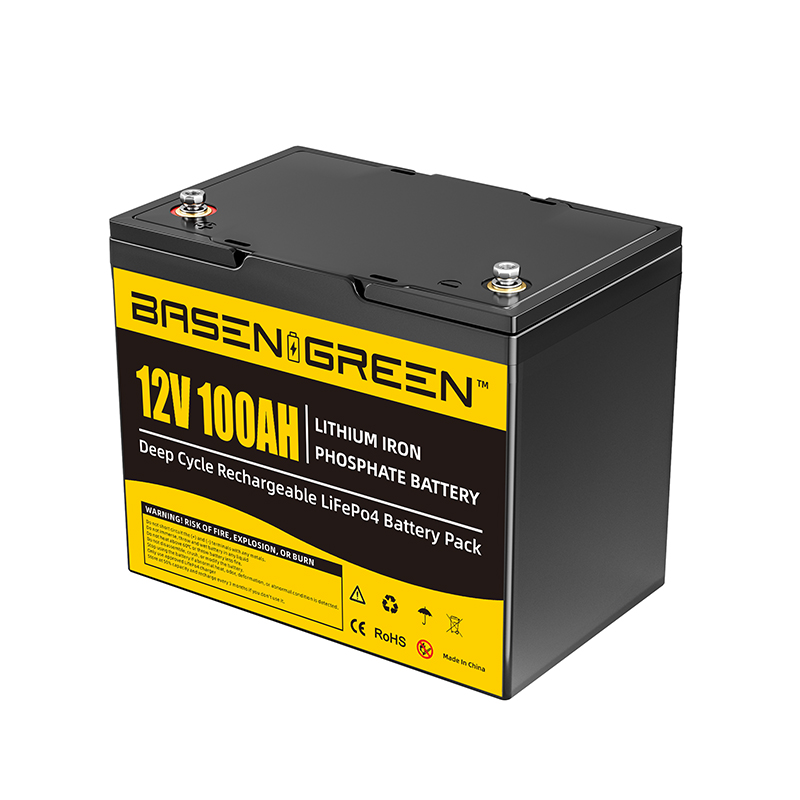
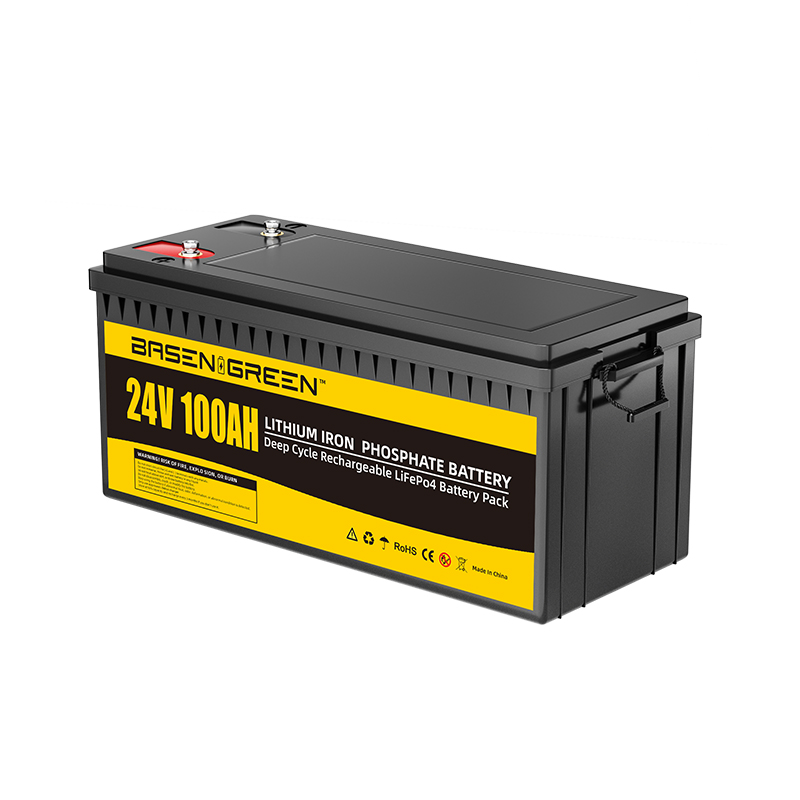
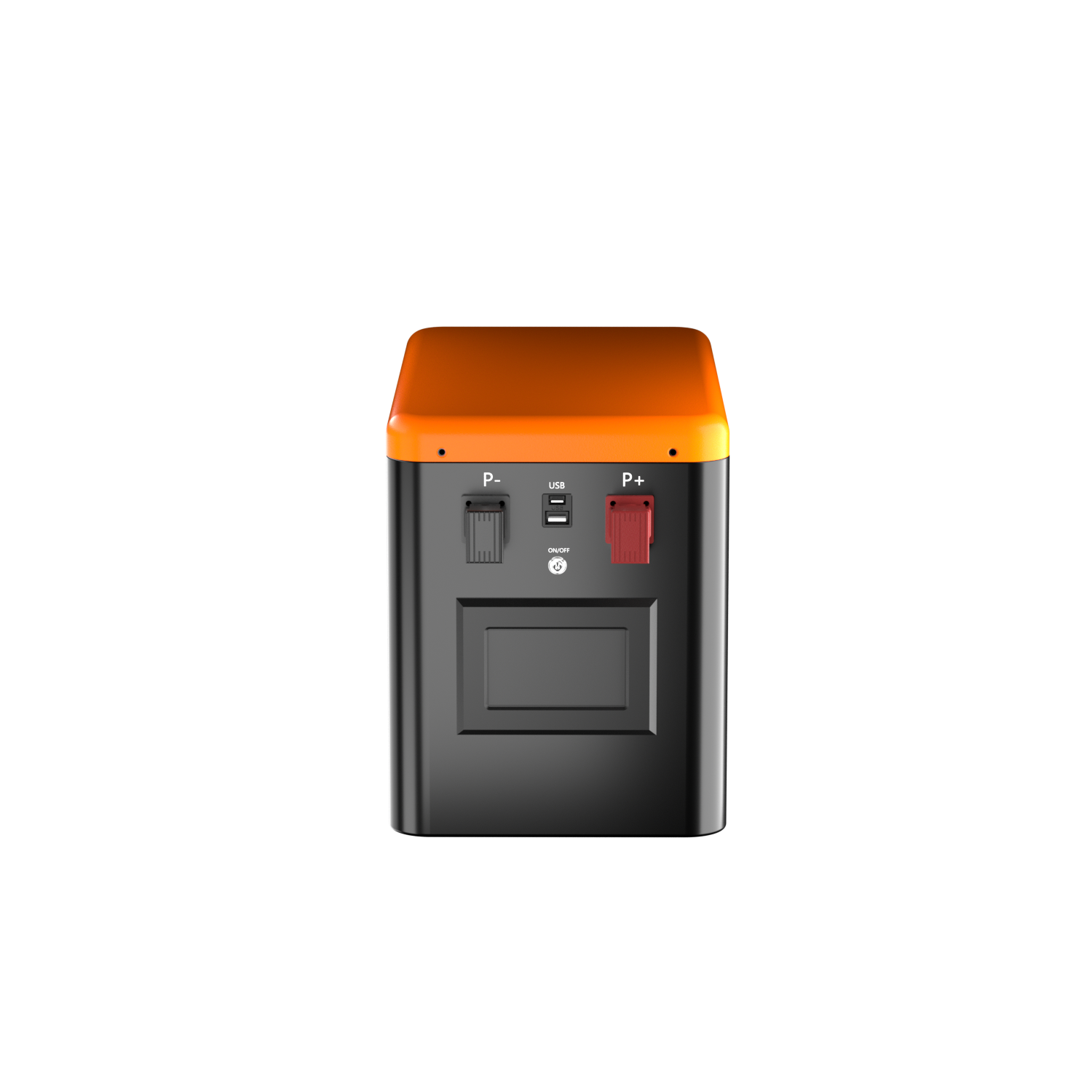
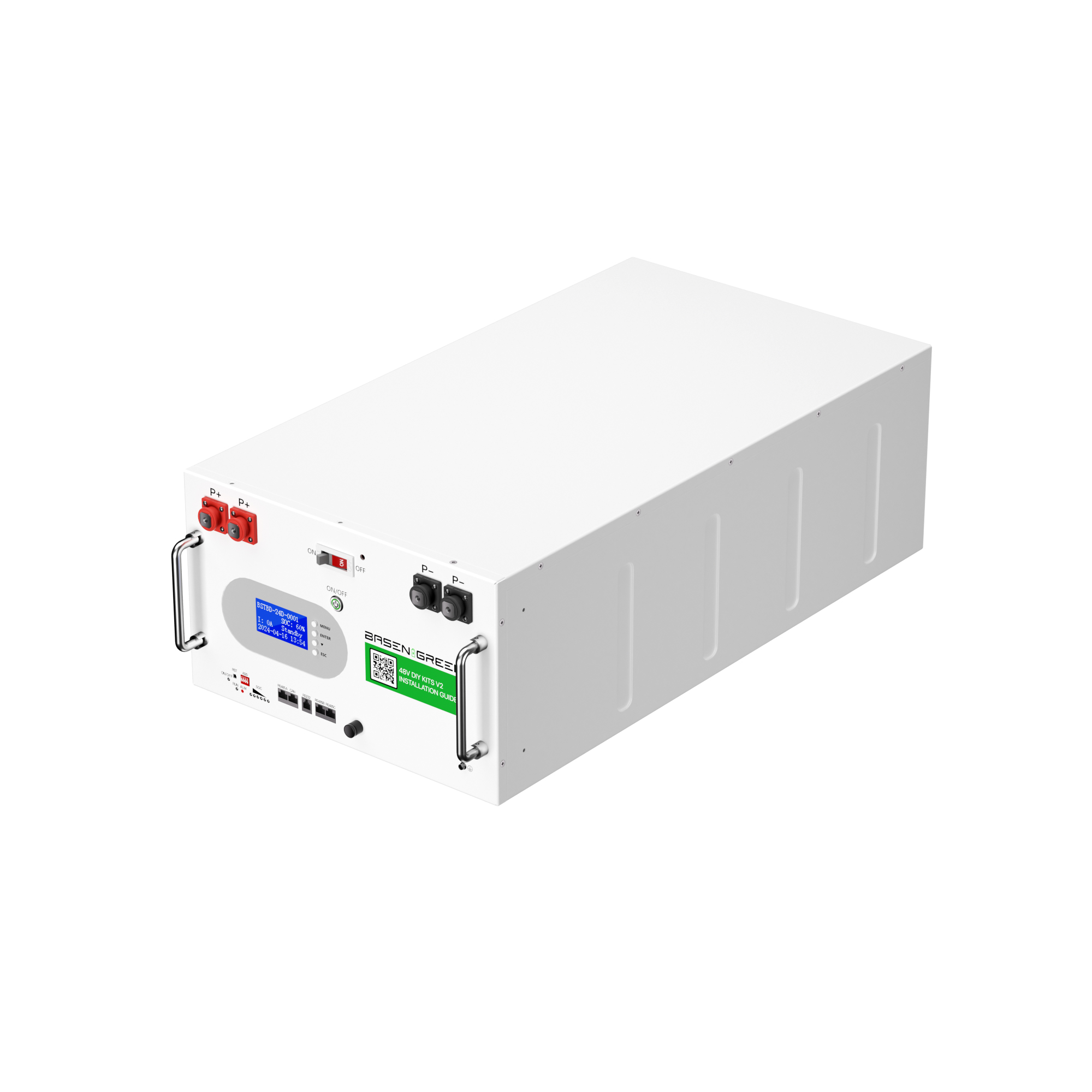
.png)